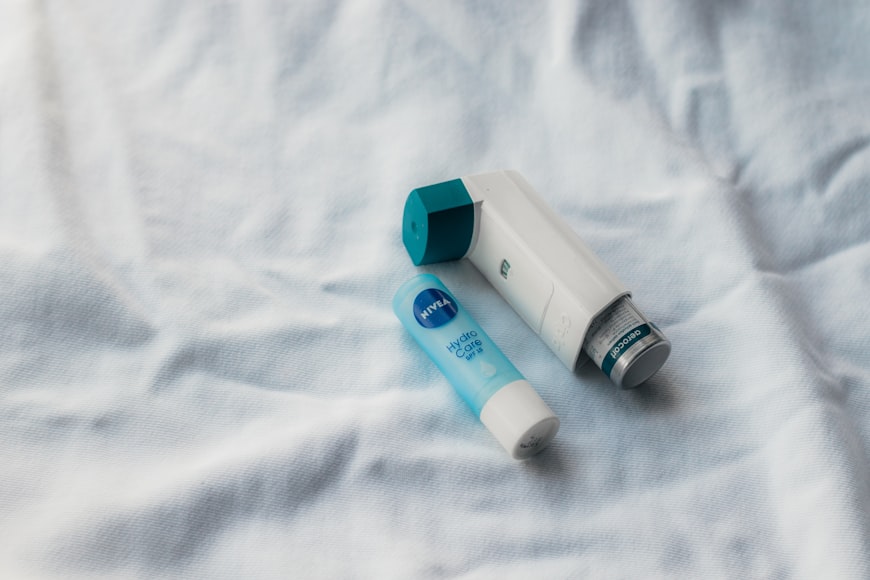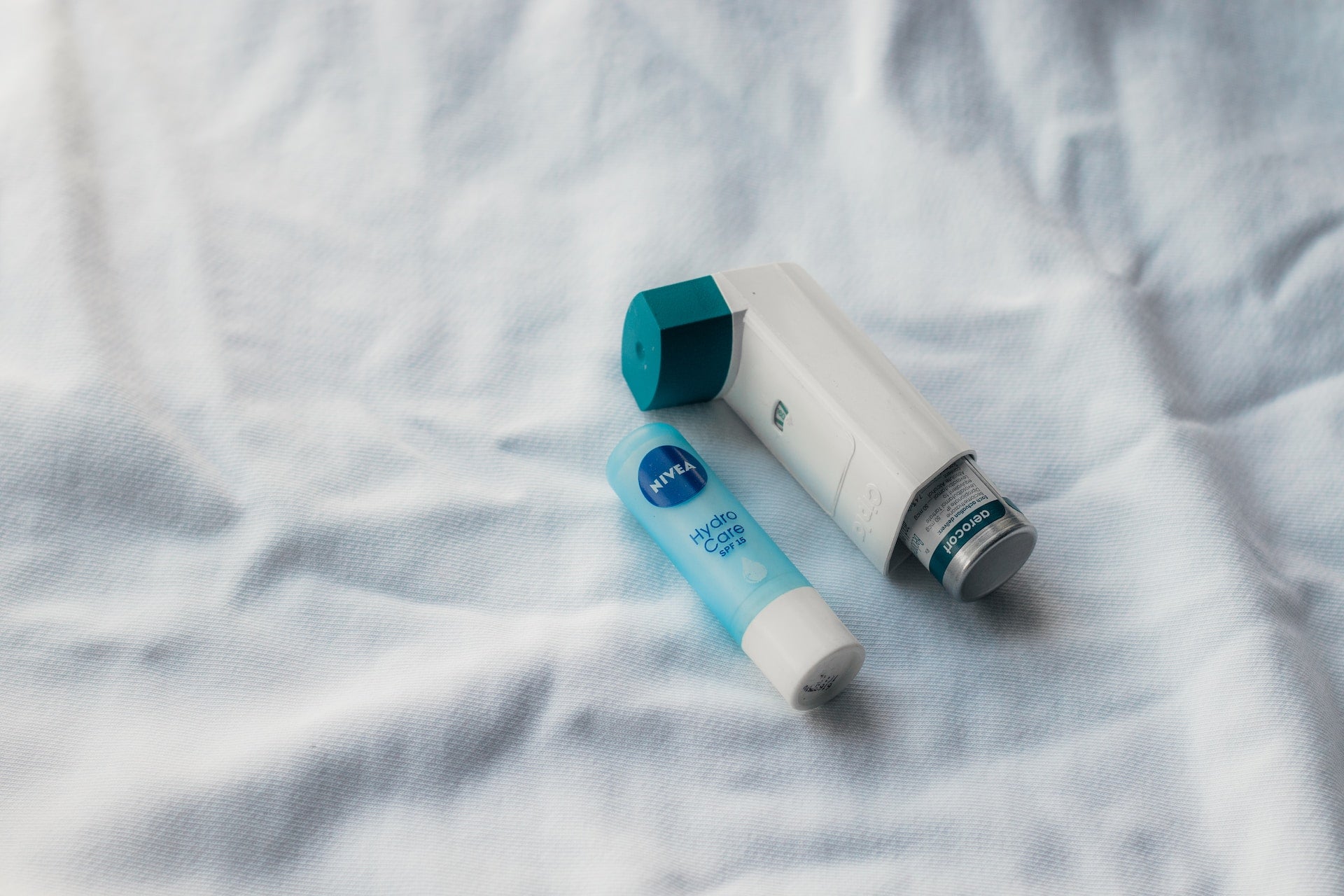If you’ve been diagnosed with obstructive sleep apnea, you’ve likely been advised that using a CPAP machine is the best way to keep your symptoms in check. By providing a continuous flow of pressurized air during the night, your CPAP machine helps prevent breathing interruptions so you can enjoy more restful sleep.
But could it help alleviate asthma symptoms, too?
There’s research that indicates this could be the case. While a CPAP machine isn’t necessarily going to replace other asthma treatments, for people who suffer from both asthma and obstructive sleep apnea, it could prove a useful option for reducing your symptoms.
The Connection Between Asthma and Sleep Apnea

Studies have found that people with asthma are more likely to develop obstructive sleep apnea than the general population. In fact, one study found that 27 percent people with asthma went on to develop obstructive sleep apnea over a four year period. Because of this, if you have asthma and regularly wake up feeling tired or your bed partner says you snore loudly, you should consider getting tested for sleep apnea.
Part of the reason for the increased risk could be because the two conditions share some key risk factors, such as obesity, smoking, and a family history of the condition. Asthma has also been found to hurt overall sleep quality, similar to obstructive sleep apnea. Because both conditions are closely tied to inflammation of the airways, the presence of one condition can worsen the other.
Other research has found that the inhaled corticosteroids used to help treat asthma can sometimes increase the risk for sleep apnea by causing more fat to accumulate in the upper airways. As sleep apnea worsens, asthma medications can become less effective, and poor sleep can actually make asthma symptoms even worse — even resulting in more frequent asthma attacks.
Without proper treatment for both conditions, the outcomes can be severe. Untreated obstructive sleep apnea can increase the risk for depression and anxiety, as well as conditions such as hypertension and type 2 diabetes. Severe asthma can result in hospitalization that requires invasive therapy to resolve.
Because of this, a diagnosis of obstructive sleep apnea should always be taken very seriously — especially if you also have asthma.
How a CPAP Machine Can Help

Research on using CPAP machines for individuals with both asthma and obstructive sleep apnea show several ways that a CPAP machine can potentially help.
For example, CPAP use can help reduce bronchial hyper-responsiveness — the condition that makes the airways more sensitive and easily irritated. The continuous airflow provided by CPAP treatment can also increase the size of your body’s bronchial tubes, further improving breathing.
Other studies have found that patients reported improved quality of life in relation to their asthma symptoms (especially at night-time) when they used CPAP machines. Using a CPAP machine can also reduce gastrointestinal reflux, which is another known risk factor for asthma. Some studies even show that using a CPAP machine reduces the risk for asthma attacks at night.
Of course, these studies are quick to note that CPAP is not necessarily going to be the best solution for treating asthma. While it is extremely effective at treating sleep apnea and can help improve asthma symptoms, it isn’t going to be enough on its own. The general consensus is that when someone suffers from both conditions, using a CPAP machine can be a good way to alleviate symptoms and make other types of asthma treatment more effective.
It is also worth noting that the dry air delivered by a standard CPAP machine could actually result in additional irritation of your airways. Individuals with asthma should consider using a humidifier with their CPAP machine for more comfortable breathing.
Other Steps

While using a CPAP machine is strongly recommended for treating sleep apnea and can help reduce asthma symptoms, it isn’t the only thing you should do. Both asthma and sleep apnea can be improved with lifestyle changes.
Because obesity is a risk factor for both conditions, taking steps to keep your weight within a healthier range is essential. This includes exercising daily and eating healthy foods (especially fruits and vegetables), rather than junk food.
Taking all prescribed medications as recommended and staying up to date on vaccinations can also help keep asthma under control. Individuals with asthma should also avoid going outside on days with poor air quality or high pollen counts.
With obstructive sleep apnea, additional lifestyle best practices include creating a healthy sleep environment that promotes good sleep. Avoiding screen time before bed and keeping your bedroom cool, dark, and quiet can also make it easier to fall asleep and stay asleep. With quality sleep, you’ll be less likely to get sick, which can aggravate asthma even further.
By following these basic steps and the advice of your doctor, you can improve your overall health as you make these conditions more manageable.
Enjoy Better Breathing With a CPAP Machine
With a quality CPAP machine, you can prevent nighttime awakenings linked to sleep apnea, while also potentially reducing the severity of asthma symptoms. When used alongside other healthy lifestyle changes, this can go a long way in improving your overall quality of life.
Of course, CPAP equipment can be rather costly, especially if you don’t have health insurance coverage. This is where No Insurance Medical Supplies comes in. With our best price guarantee, you can save hundreds off of MSRP on CPAP machines from ResMed and other top brands.
With the right CPAP equipment, you can breathe easier, day or night.

